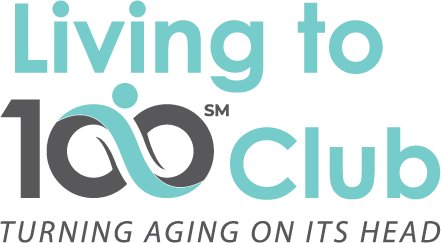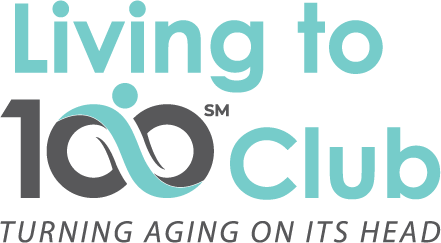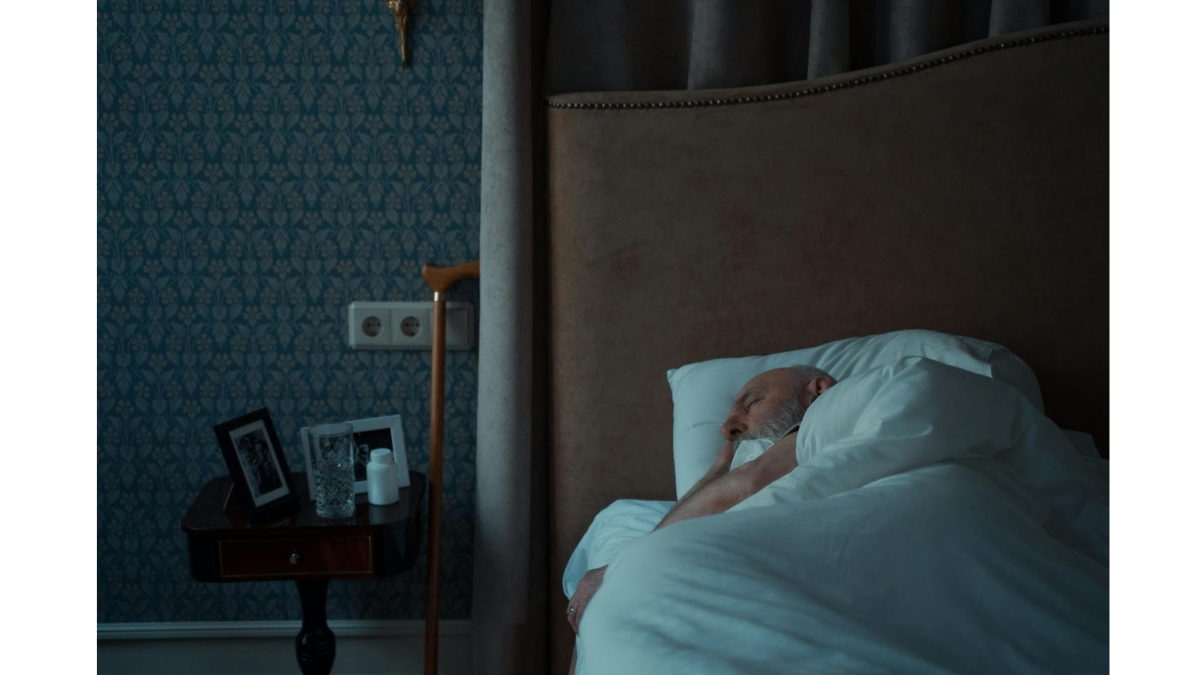A restful night’s sleep is essential for everyone, but as we age, it becomes even more vital not just for our physical health but for our mental well-being, too. For seniors, sleep disturbances can lead to mood changes and cognitive decline and exacerbate conditions like depression and anxiety. This article aims to shed light on the significance of sleep in senior mental health and offers practical advice to improve sleep, enhancing overall wellness and quality of life.
Sleep and Its Significance in Senior Mental Health
The sleep cycle undergoes significant changes as we age, with older adults experiencing altered sleep patterns, including difficulty falling asleep and more frequent awakenings during the night. These disruptions can significantly impact the quality and quantity of sleep, leaving seniors feeling less refreshed upon waking.
Poor sleep doesn’t just affect how seniors feel during the day; it can have profound implications for their mental health. Lack of quality sleep is directly linked to an increased risk of depression and anxiety and can also indirectly contribute to cognitive decline by impairing attention, memory, and executive function. This creates a cycle where impaired mental health can lead to further sleep issues, highlighting the importance of addressing sleep for maintaining mental wellness in seniors.
Common Sleep Disorders in Seniors
As our loved ones age, their slumber becomes more fragile, and sleep disorders can emerge, casting a shadow over their golden years. Understanding these conditions is crucial in safeguarding their mental and emotional wellness.
Insomnia
This condition, marked by difficulty falling or staying asleep, is not just about tossing and turning at night. For seniors, insomnia can deepen feelings of isolation and contribute to depression. It can also exacerbate anxiety, making every night a battle and every day a struggle.
Sleep Apnea
Beyond its hallmark snoring, sleep apnea disrupts rest and oxygen flow, leading to fragmented sleep. This can leave seniors feeling exhausted during the day, impair their cognitive functions, and heighten their risk for mood disorders, severing the link between sleep and rejuvenation.
Restless Legs Syndrome (RLS)
RLS causes an irresistible urge to move the legs, usually due to uncomfortable sensations. This interference with sleep can lead to significant daytime fatigue. This affects a senior’s mood, sharpening irritability, and potentially triggering anxiety and depression.
REM Sleep Behavior Disorder
Unlike other disorders, this one involves acting out dreams, sometimes violently. For seniors, the direct impact on sleep quality can lead to daytime drowsiness and contribute to cognitive decline, indirectly straining their mental health and diminishing their overall quality of life.
Strategies to Improve Sleep in Seniors for Enhanced Mental Health
While sleep becomes elusive with age, tailored strategies can substantially enhance sleep quality in seniors. These strategies foster better mental health and improving their overall quality of life.
1. Medical and Therapeutic Interventions
Consulting with healthcare providers for medication review and management can mitigate the negative effects of drugs on sleep. Furthermore, Cognitive Behavioral Therapy for Insomnia (CBT-I) proves highly effective in treating insomnia. It addresses underlying cognitive and behavioral patterns that disrupt sleep, paving the way for night-time peace and daytime vitality.
2. Lifestyle Modifications for Better Sleep Hygiene
Maintaining a consistent sleep schedule is pivotal. Regular sleep and wake times reinforce the natural circadian rhythm, aiding in smoother transitions to sleep and more restful nights.
Dietary choices and physical activity are vital levers in battling sleep disturbances. A balanced diet low in sugar and caffeine, coupled with regular, light exercise like walking, enhances sleep quality and can particularly alleviate symptoms of restless legs syndrome by promoting more regular and restful sleep patterns.
Creating a restful environment is essential for good sleep hygiene:
- Reduce Noise: Use soundproofing or white noise machines to block out disruptive sounds.
- Control Light: Blackout curtains or eye masks help mimic night’s natural darkness.
- Optimize Comfort: Invest in supportive mattresses and pillows tailored to personal needs, ensuring physical ease throughout the night.
3. Relaxation Techniques and Mind-Body Interventions
The evening hours can be transformed with mindfulness, meditation, and deep breathing exercises. These prepare the mind for sleep by easing stress and anxiety. Additionally, gentle yoga and stretching can relax the body and soothe the mind, making the transition into sleep smoother and the sleep itself more profound.
4. Tech Tools and Resources
In our digital age, wearable sleep trackers offer insights into sleep patterns, helping seniors and their healthcare providers pinpoint disruptions and tailor interventions effectively. Additionally, apps that provide guided meditations, white noise, and sleep tracking can be powerful allies in the quest for better sleep. These offer personalized solutions that encourage deeper and more restorative rest phases.
Final Thoughts
Improving sleep is vital for senior mental health and overall wellness. By taking a holistic approach that combines medical advice with lifestyle changes, seniors can significantly enhance their sleep quality. Better sleep leads to more vibrant, fulfilling lives, positively impacting well-being and happiness.
Author Bio

The Living to 100 Club thanks the author of this important article, Stacy Bryant. Stacy J. Bryant is a content writer and a mental health advocate. She believes that mental health is something everyone should be aware of, and she hopes to spread awareness through her writing. Ms. Bryant has several years of experience as a content writer and has written for several websites. She is currently the contributor for Fresh Start Behavioral Wellness, a blog that helps people with mental health problems. In addition, she also works for Springhive, particularly as a content creator for their Mental Health Care clients, to help them get ahead in their industry through SEO-friendly content. During her free time, she likes to read and write. And do activities to maintain her mental health.
Be sure to visit the Living to 100 Club website for more resources, a sign-up page for our Club Insider Membership, and a link to our online store where you will find our Better, Longer & Happier card deck series. Visit www.livingto100.solutions.


